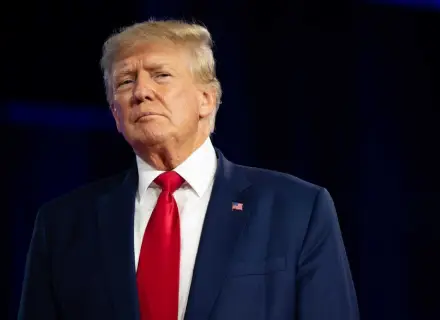In a surprising turn, United States President-elect Donald Trump has reportedly threatened severe consequences if the BRICS nations proceed with developing an alternative international trade currency to the dollar. While this might appear to be a warning shot from a global superpower, for Africa, it could be an opportunity to rethink its economic trajectory.
The prospect of an African currency has long been dismissed as a pipe dream. Yet, Donald Trump’s alleged stance could act as a catalyst, reviving conversations about the continent’s economic independence and unity. Historically, Africa has struggled with external influences shaping its destiny. This moment presents a chance to turn the tables.
Donald Trump’s rhetoric is no stranger to controversy. His “America First” philosophy, encapsulated in the slogan “Make America Great Again,” thrives on disruption and negotiation. Critics suggest that this latest move may be a calculated ploy, positioning the United States as the indispensable player in global trade while subtly nudging BRICS nations into negotiations favourable to American interests.
But Africa stands at a crossroads. With its abundant rare earth metals crucial to global energy transitions, the continent holds a strategic advantage. The African Union (AU) could seize this moment to establish a single African currency, bolstering intra-continental trade and reducing reliance on external powers.
Such a move would not be without challenges. BRICS nations, particularly China, have faced growing scrutiny for their handling of African debt. Donald Trump’s warnings could exacerbate concerns, steering African nations toward the dollar or prompting them to chart an independent course. In either scenario, the continent’s leaders must act decisively.
An African central bank and a unified currency could eliminate non-tariff barriers that currently stifle trade. A continental standards body could ensure product quality, paving the way for an e-mobility revolution led by African innovation. Citizens could travel across the continent freely, breaking down the artificial barriers that divide its airspace and economies.
The stakes are high. If the AU adopts this bold vision, it could redefine Africa’s economic future, making the continent a formidable force in global affairs. The decision, however, must be swift and strategic. As Donald Trump’s presidency looms, Africa has a unique opportunity to awaken as a unified, self-reliant power—or risk being pulled back into complacency.

